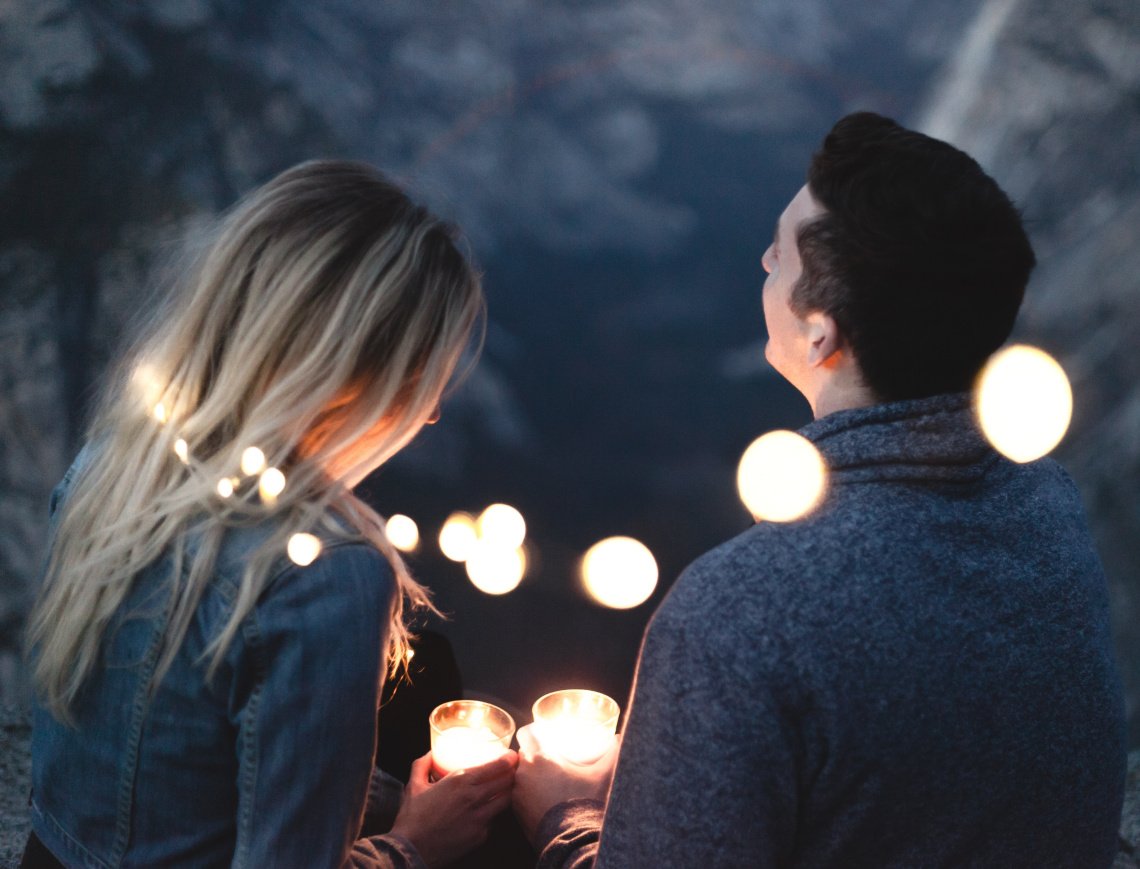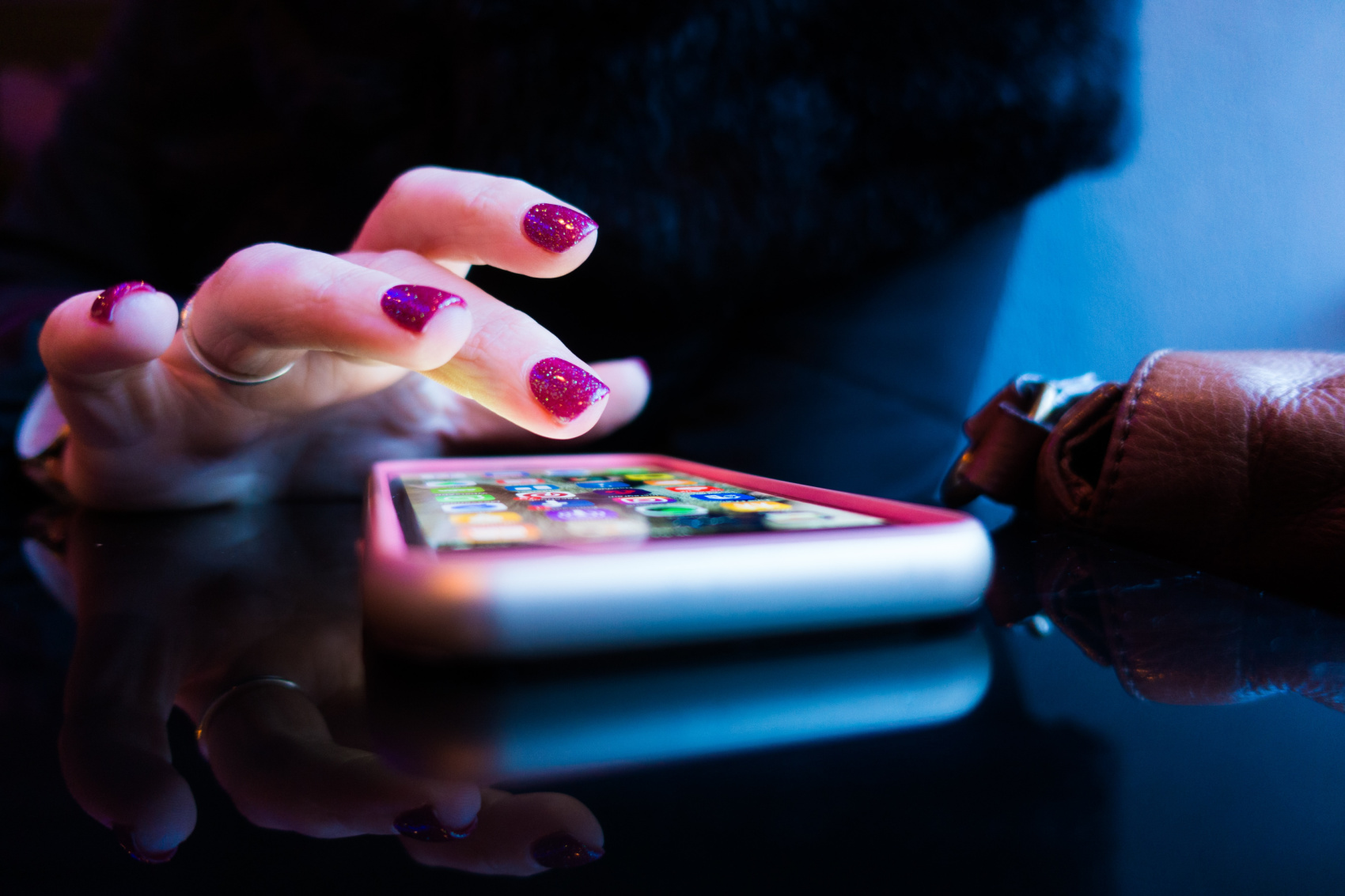February 14, 2020
Online Dating Safety in 2020

Online dating can be stressful.
What profile picture do you use? Who sends the first message after you two match? What’s your opening gambit? What do you talk about to keep the conversation going and find out if you even really like each other?
Online dating can be stressful, but online dating safety shouldn’t be! Let’s explore the ways you can protect yourself while online dating in 2020.
Which is Safer, a Dating App or Website?
In 2016, 15% of American adults had used online dating sites or apps. In 2020, that number has jumped to 30%. Of that group, 23% of respondents report having actually been on a date with someone they originally met through a site or app.
Of the top dating apps of 2020, the most popular worldwide is Tinder. Other major players across both the Apple App Store and Google Play Store are Bumble, Hinge, Tantan, and Badoo.
“Online dating” used to refer exclusively to websites like Plenty of Fish, Match, or OkCupid. While those sites are still very popular, their market share has been cut up by new the new generation of dating apps like Happn and Coffee Meets Bagel. Online dating safety used to mean, just don’t talk to anybody who seems creepy. There’s a lot more to it these days!
One reason for this change is that, while 3 out of 10 Americans have tried online dating, the online dating scene on apps is ruled by a younger age group. 48% of 18- to 29-year-olds say they have tried online dating, compared to only 38% for 30-to 49-year-olds. That number drops to 19% for ages 50-64. Dating apps are gaining ground as the more popular and accessible option for e-dating among younger age groups.
How Important is Online Dating Saftey in 2020?
Extremely important! Regardless of whether you’re using a dating application or a website, the most important thing you can do is to protect your privacy. 48% of women surveyed using online dating said someone continued to contact them after they said they weren’t interested. 46% received unwanted explicit images or words via text message. 33% were called offensive or derogatory names. 11% were threatened with physical harm.
If we look specifically at younger women, these numbers jump even higher. For instance, 60% of female users between the ages of 18-34 say that they received continued contact on a dating site or app after they said they were not interested in talking to the person. 57% of that age group reported receiving unwanted sexually explicit messages.
These are some alarming online dating safety statistics. But, regardless of whether you choose to use a dating website or an app, the best practices for protecting your privacy are the same across the board.
Top 9 Tips for Staying Safe on Dating Apps and Websites:
- Limit personal details like your date of birth, your exact job title, or any identifying information that could be used to track you down outside of the app. Try Googling yourself, to see what information is already publicly available about you.
- Do not reveal your full name. Even if it’s a very common name, it could lead directly to you if combined with other details (like the ones you found out when you Googled yourself!) It’s very common and accepted to use only a first name, so don’t stress that the lack of surname will put anyone off swiping right.
- Don’t use your Facebook or Instagram profile picture in your app dating profile. Remember how easy it was to Google your own name? Well, it’s very easy for anyone to run a Google reverse image search on your photos. That could bring up your friend’s Facebook accounts and tagged photos, your employer’s website, your school website, or tons of other online locations. Stay safe, and use specific photos only for Tinder (or whatever app) that aren’t shared anywhere else online.
- Do not provide information about where you work or live, or other places you frequent. This should be obvious, but it definitely bears repeating.
- Message over the app or website, or use a temporary number to transition to texting or calling. Using your real number would a mistake, but a Hushed number is a great option here. Simply download the app and choose a number to say in touch with your app matches; they’ll never know it’s not your “real” phone number, and if anyone gets creepy, just delete the number to cut all ties.
- Do not share pictures or videos if you’re uncomfortable with them possibly becoming public. Remember, you may like the person you are talking to, but you don’t know them very well yet. They could easily post those photos elsewhere online, or use them to catfish on a fake dating profile, impersonating you.
- Never send money, gift cards, or other financial assistance to someone you’ve never met in person. “Romance scams” are increasingly common on dating apps, and the person you are sending that money to will cut off contact once they get that cash — or ask you for more and promise to pay it back.
- Most importantly, remember that people can easily misrepresent themselves on the Internet. “Joe from Indiana” who seems so sweet and charming may very well turn out to be “Gloria in Croatia” or “Edgar in Jamaica.” You never know for sure who you’re talking to until you’re talking face to face.
- Trust your instincts. If something about the interaction feels weird or wrong, give yourself permission to end the conversation without worrying that you’ll seem abrupt or rude. Online dating safety is more important than politeness.
Is Online Dating Worth all the Hassle?
Of course it is! Dating is always stressful, and time-consuming, and completely worth it once you meet that special person. It doesn’t matter if it’s online dating or offline dating, either way, it can be both a hassle and a joy.
But until that time comes and you find your special someone, get your priorities in order. Keep your personal information private, get a temporary phone number, and trust your intuition if something feels “off” about your match. Stay safe out there in the online dating world!


